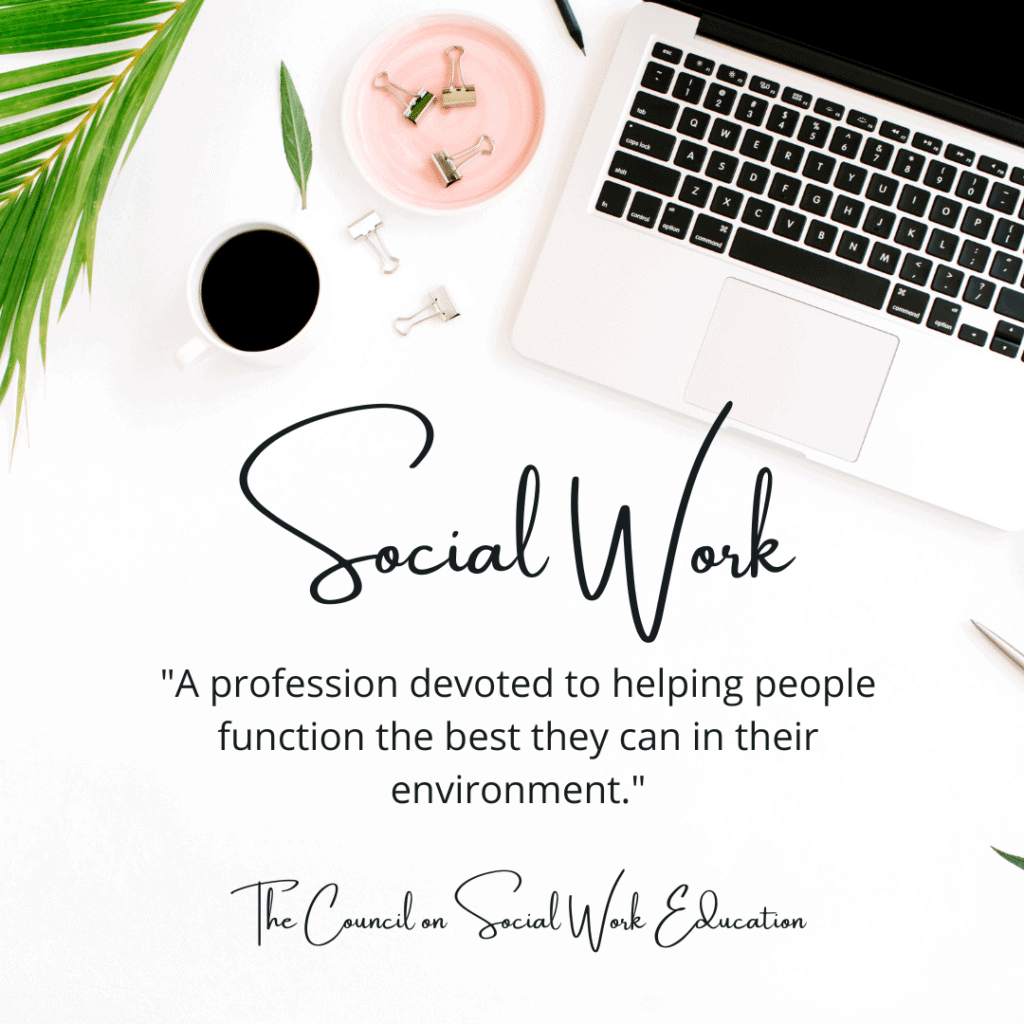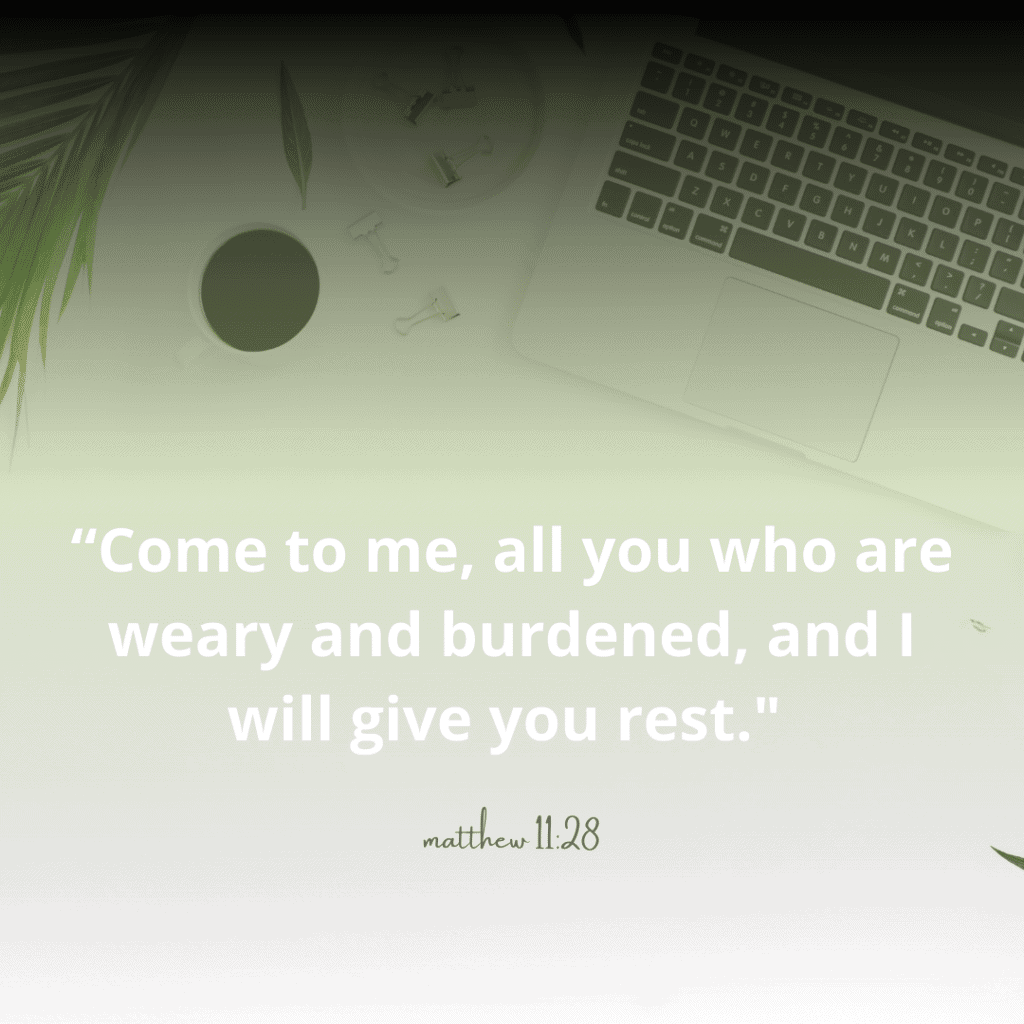Growing up, I had little to no concept of what a social worker was or how to become a social worker. All I knew was that on television, they all seemed tired and were dealing with very hard situations.
That is until I watched “Judging Amy,” a television show depicting a juvenile judge and her veteran social worker mother in Social services, whose lives sometimes intersected. Watching episodes depicting children from difficult circumstances or youth that had no one filled me with anger. And I’d often have to change the channel.
Becoming a Social Worker
Since a very early age, I have known that I would care for a child without a family at some point in my life, and I desired to foster or adopt them as my own. I had no sense of how or why it would happen, but I just knew it must.
In fact, I like to tell this story often of when I first met my husband; on our second phone call, I asked him, “How do you feel about becoming a foster parent one day” and he quickly answered, “he would love them as his own.”
He’d passed the test: He was onboard with not just living a life to be foster parents (which we are not yet), but one that works to care for more than just our “own.” This was how I envisioned my soon-to-be family must live out our lives.
How I Became a Social Worker
Whitney M. Young, a social worker and organizer/speaker at the March on Washington, is quoted as saying, “Every man is our brother, and every man’s burden is our own. Where poverty exists, all are poorer. Where hate flourishes, all are corrupted. Where injustice reins, all are unequal.”
And this is concisely my take on the world.
Is Social Worker the Right Choice for Me?
When I entered college, and even for years before that, the idea of becoming a social worker seemed implausible to me. Work in scenarios where I see deep injustice and despair and still go on? See no path to help in many situations? Be unappreciated and burnt out?
While those thoughts seem so far-fetched to me now, my propensity for “passion” and to get “fired up when I see those in dire need” was what kept me far away from even considering Social Work as a major in college. Despite the fact that I joined organizations on campus that were founded by social workers, and despite the fact that I always steered anything I participated in to working with children’s homes and helping those in need.
And then one day, it hit me, often it is the thing that angers you, that you are called to.
How to Become a Social Worker
So in 2008, I switched my major to social work, and I have been in love with this field since then. I gained my Bachelor of Social Work from Florida State University in 2010. It is everything that encompassed my passions. Social work is a diverse and multifaceted field that encompasses everything from Child Welfare (which I have always steered towards) to gerontology to substance abuse. Its intersections are far and wide. The Council on Social Work Education defines social work as “a profession devoted to helping people function the best they can in their environment.”

Further, The Council of Social Work Education also states, “Social workers are a diverse group of professionals who share a commitment to helping enhance the well-being of people, communities and society. They have a rich history of striving for social, economic, and environmental justice, advocating for human rights, competently providing services for clients at every stage of life, and engaging in lifelong learning.”
Schooling for Social Workers
Becoming a social worker does require special schooling. Learn how long and what schooling is required to become a social worker.
Steps to Becoming a Social Worker
- Complete a Bachelor’s Degree in Social Work or a Related Field.
- Pursue a Master’s Degree in Social Work (MSW) or MSW-Equivalent Program.
- Complete Fieldwork Hour Requirements.
- Complete the ASWB Examination.
- Apply for State Social Work Licensure.
- Choose a Social Work Career.
- Advance Your Practice Through Continued Learning.
How Long to Become a Social Worker?
It may take about six years to become a social worker. The total time it takes you to become a social worker will depend on the degree you choose to earn and the type of social work services you wish to provide. Obtaining a Bachelor of Social Work typically takes four years, while earning a Master of Social Work will take one or two years. You’ll also need to factor in the time needed to pass the necessary licensing exams determined by your jurisdiction.
Child Welfare Social Worker
My journey in social work has not been a straight path. I fell deeply in love with working in Child Welfare at my start and, like many social workers, became burnt out after some time. I like to say God redeemed my feelings of “hopelessness” at viewing challenging situations to grow me into a deeper relationship with him. The God who saves and says, “Come to me, all you who are weary and burdened, and I will give you rest. Take my yoke upon you and learn from me, for I am gentle and humble in heart, and you will find rest for your souls. For my yoke is easy and my burden is light” Matthew 11:28-30 NIV.

I needed this reminder of God’s nature for myself and those I attempted to serve.
Once I exited the field, I deeply missed it, and God redeemed much of the secondary trauma and circumstances related to my taking a break from the field. Ten years after that, I achieved my Master’s in Social Work and was able to begin work with Lifeline Children’s Services, where foster care was at the forefront of what I got to do, but with the core goal of the Gospel. Our goal as Lifeline is to “Equip the body of Christ to manifest the Gospel to vulnerable children,”; and we see ourselves as ministers of reconciliation to birth families, their children, and those in need of the Gospel (all of us).
What is a Licensed Social Worker vs. a Clinical Social Worker
The main difference between clinical and direct social workers is what each is legally allowed to do. All social workers can connect clients with resources and offer guidance through difficult situations, but only clinical social workers can provide counseling treatments.
Licensed Clinical Social Worker: LCSWs must earn a master’s degree, complete supervised work experience, and pass the clinical-level board exam to obtain licensure. Once licensed, they can work without supervision in mental health settings. LCSWs diagnose patients, form treatment plans, and meet with clients to implement treatment.
Social Worker: The term “social worker” often refers to professionals in direct social service positions. Some of these social workers have bachelor’s degrees, while others have master’s degrees but no clinical licensure. They work in schools, healthcare teams, or government agencies (such as the Department of Family Services).
Learn more about Clinical Social Workers and Child Welfare Social Workers.
Why Become a Social Worker
I advise anyone seeking to become a social worker or maybe even turned off by the field to really dig into why. Could God be calling you to help the vulnerable? Those that need a supporter in a broad scope of areas: hospitals, criminal justice, child welfare, family violence or even on a macro level in non-profit management? There is a place for a large amount of diversity within my beloved field and a strong body of people daily doing this necessary work. It will not always be easy. But the Bible says, “In this world you will have trouble. But take heart! I have overcome the world.” John 16:33 NIV. Jesus came as a servant; I see my field as an area to serve God.
I chose social work because my natural tendency has always been to want to advocate, love, support and be within a helping field. Social work is guided by a Code of Ethics that thankfully reins in this desire with boundaries. Our Ethical Principles are defined by the NASW as Service, Social Justice, Dignity and Worth of the Person, Importance of Human Relationships and Integrity”.

It means living to serve with a higher standard than we could come up with on our own. Over the last thirteen years, from serving on the direct lines of working with families and children in the foster care system to volunteering in group homes, to now supervising a Christian foster care licensing program for my beloved ministry, I have grown closer to God and found opportunity after opportunity to point my weary heart to the God of Hope, and the strength through the Holy Spirit to point those in distress there as well.
March is National Social Worker Month
March is National Social Worker month, and I appeal to you to hug one if you know them. As I think of all the diverse places where social workers work, I think of these verses, “Jesus went through all the towns and villages, teaching in their synagogues, proclaiming the good news of the kingdom and healing every disease and sickness. When he saw the crowds, he had compassion on them because they were harassed and helpless, like sheep without a shepherd. Then he said to his disciples, ‘The harvest is plentiful, but the workers are few.’” Matthew 9:35-37.

I applaud and thank God for all my social work colleagues all over the world working and serving until the Lord.






















